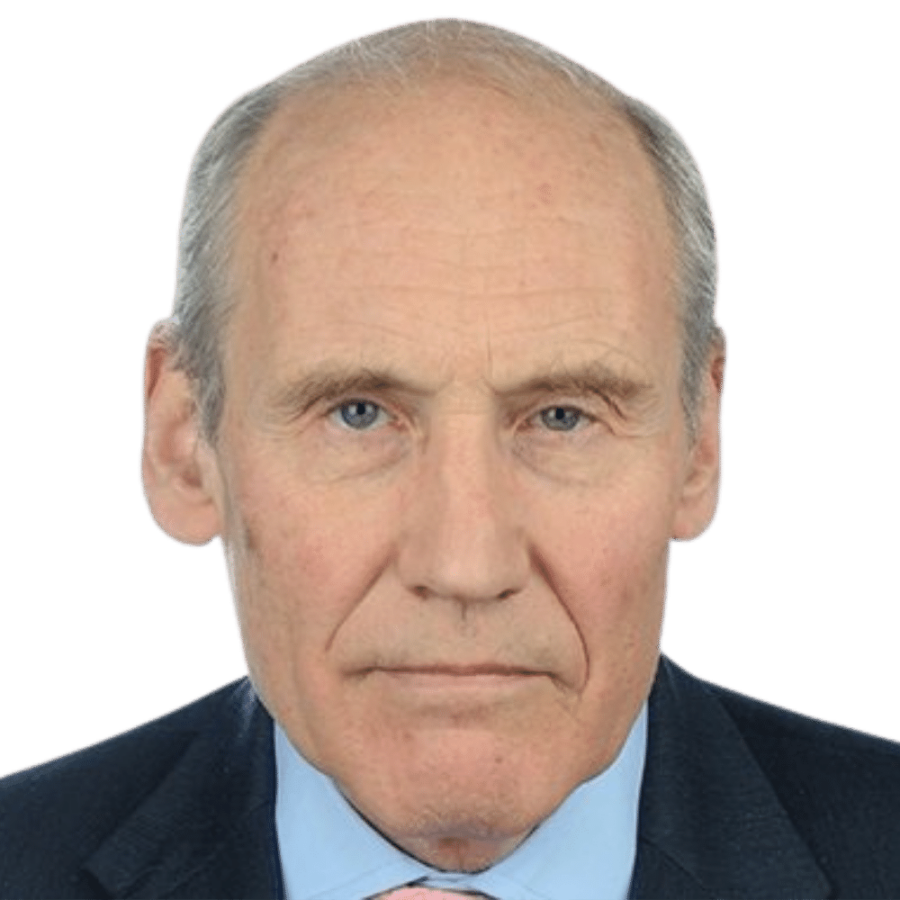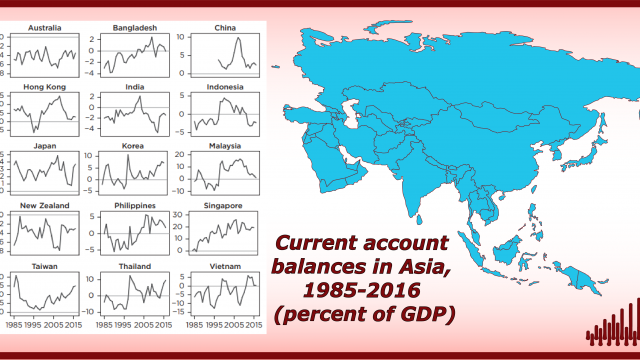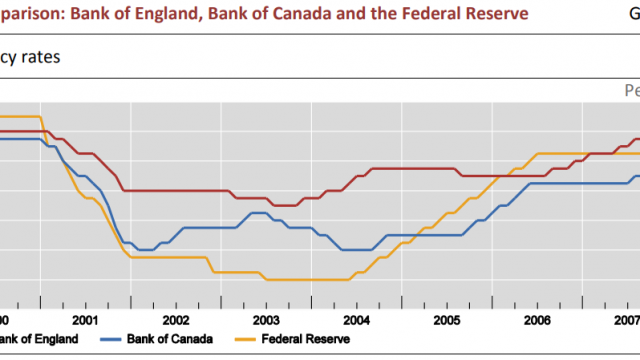In Memoriam: Philip Turner (1950-2024)
It is with great sadness that we at the National Institute of Economic and Social Research learned of the death of Philip Turner on 12 January 2024.

Philip was recognised by all who knew him as a man of high intelligence, impressive clarity of mind, and economy of expression. He had a deep understanding of economics and a penetrating research capability. He habitually conveyed his thoughts well: he wrote simply and clearly, and spoke convincingly.
Philip had a wide circle of friends and colleagues, from a life which spanned Cambridge (undergraduate), Harvard (PhD), Paris (OECD), Basel (BIS), Japan (visiting scholar), and London (Independent Economics and NIESR).
In an outpouring of tributes to Philip, many people have spoken variously of him as one of the brightest students of his era; of his deep knowledge of fiscal and monetary affairs, including the euro, banking crises, and the intricacies of Target 2 and other arcane aspects of European and global financial issues. Yet he was even broader than that. At the OECD he worked on a range of other subjects that were so important at the time, including the determinants of inflation, the processes of balance of payments adjustment, and the transmission of economic impulses between countries. And he was a pioneer in thinking about the conduct of fiscal and monetary policies in a world of floating exchange rates.
On leaving the Bank for International Settlements he became a visiting Fellow of NIESR. And gave his considerable knowledge to Institute staff in a series of important papers. He worked on the problems of the over-reach of QE, the need for interest rate normalisation and a tour de force Occasional Paper: The New Monetary Policy Revolution: Advice and Dissent.
Philip was also a natural teacher and took up a role at the University of Basel. A senior foreign service officer noted that, in governmental committees that he served, Philp was always generous with his time, had an ongoing interest in, and commitment to, educating others, and that he patiently raised the level of literacy and understanding of those at the table to the benefit of better policy outcomes.
Perhaps, in the final analysis, that was Philip’s ultimate contribution – improving the quality of thought, and thereby policymaking, in the world’s major economies at their times of greatest difficulty. And he always did this with a straight bat.
On the personal level, Philip was a delight ─ a generous man with a kind smile and warm sense of humour. All who know him well miss him. He is succeeded by his wife, Carola, and his sons Edward and William.
Many people, and certainly we at NIESR, will greatly miss this intelligent, warm, and kindly man.







